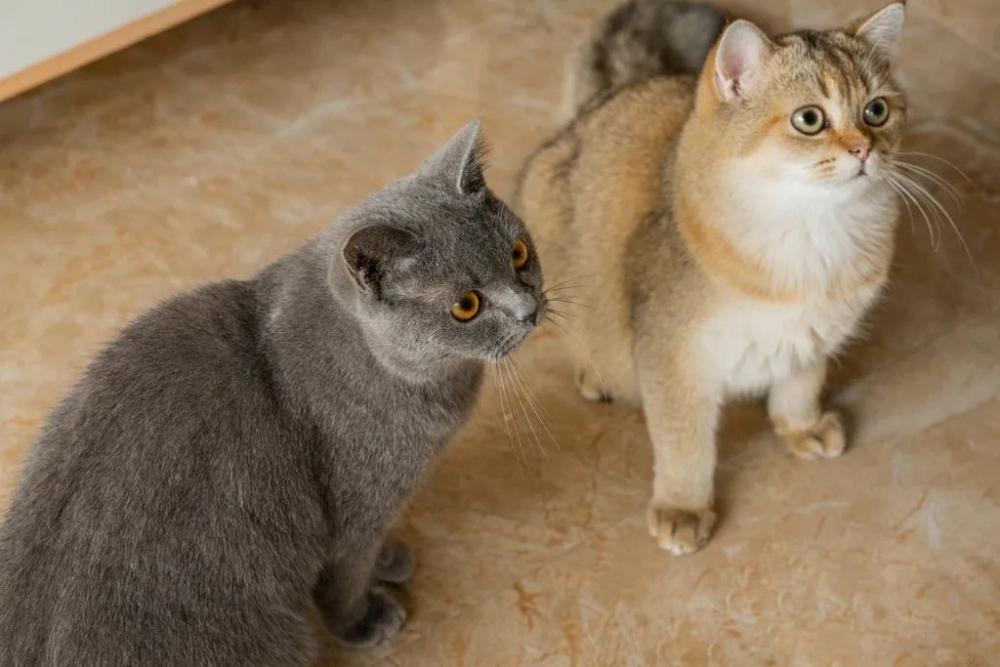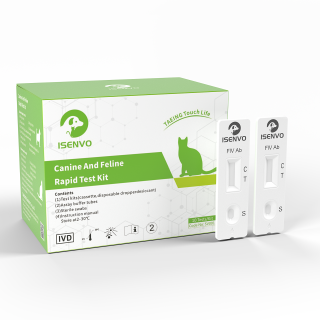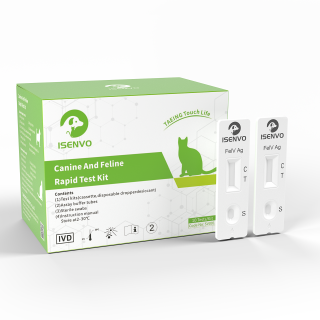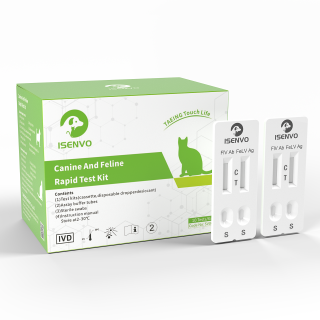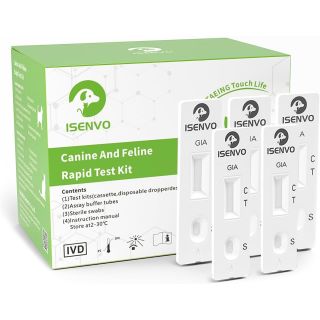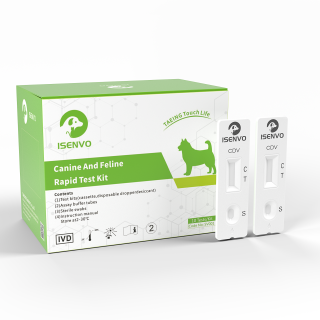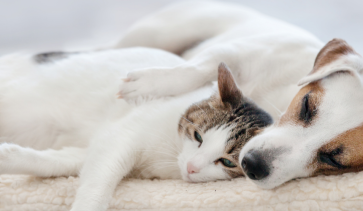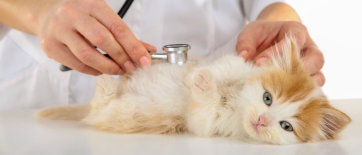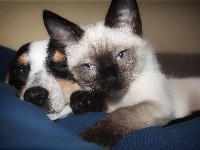As the temperature changes, the health of pets has gradually attracted attention. Especially in the cooling season, how to effectively care for pets and ensure their health is an important topic for every pet owner. This article will provide you with practical suggestions to help you take better care of your pets.
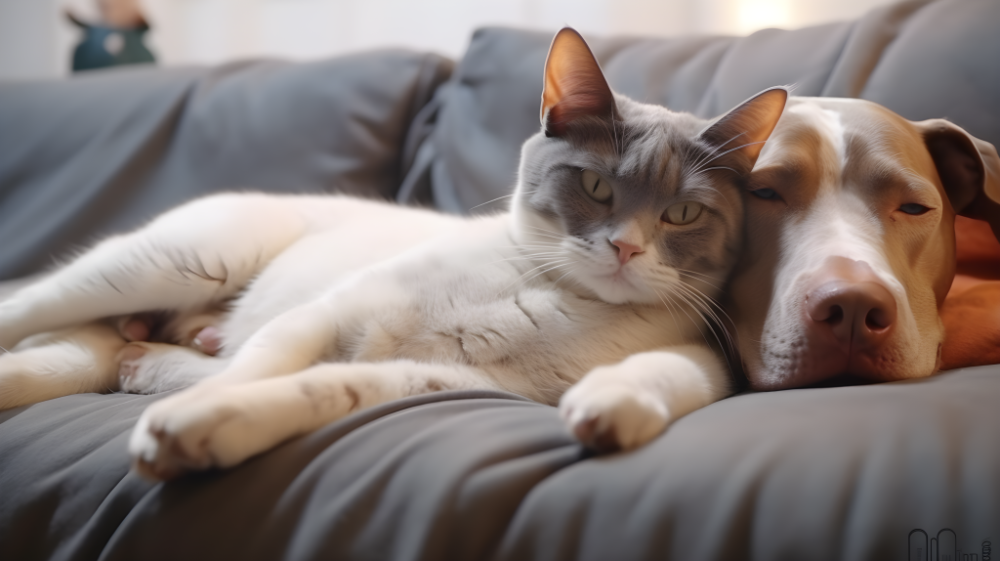
1. The impact of the cooling season on pet health
In the cooling season, the temperature drops sharply, and the physical adaptability of pets is challenged. Many pets are prone to colds, coughs and other symptoms during this period, especially elderly pets and puppies, whose immune systems are relatively weak and more susceptible to cold weather. In addition, low temperatures may also cause joint pain and muscle stiffness, especially for some pets with arthritis, cold weather is undoubtedly a test.
In addition to direct physiological effects, cooling may also cause changes in the psychological state of pets. Many pets become more anxious and restless in cold weather, and may show behaviors such as loss of appetite and reduced activity. Therefore, as owners, we need to pay more attention to the emotional changes of pets and give timely care and comfort to help them get through this cold season.
2. How to judge whether pets are cold
To judge whether pets are cold, you can start from several aspects. First, observe their behavioral changes. If your pet suddenly becomes reluctant to move or likes to curl up in a corner, this may be a sign that they feel cold. In addition, pay attention to their drinking and eating. If they have a loss of appetite or a decrease in water intake, it may also be a sign of cold.
Second, you can judge their body temperature by touching their ears, nose, and stomach. If these parts feel abnormally cold, they may have caught a cold. In addition, pay attention to your pet's breathing rate and heartbeat. If there are obvious changes, you should also pay attention to them. Timely measures can effectively prevent pets from suffering more serious health problems due to cold.

3. Common symptoms of pets after cooling down
When pets are affected by the cold, common symptoms include respiratory symptoms such as sneezing, runny nose, and coughing. These symptoms not only affect the pet's daily life, but may also lead to more serious health problems such as pneumonia. Therefore, once these symptoms are found, the owner should take the pet to the doctor in time for professional diagnosis and treatment.
In addition, pets may also experience loss of appetite and mental depression after cooling down. These symptoms are often related to their physical discomfort. Owners should pay close attention to the condition of their pets and adjust their diet and activity level according to the situation to help them recover as soon as possible.
4. Pet care measures to cope with cooling
In order to effectively cope with cooling, owners can take some simple and effective care measures. First of all, it is crucial to provide pets with a warm and comfortable living environment. You can prepare a warm nest for them at home and use warm materials such as blankets to keep them warm in cold weather.
Secondly, combing your pet's hair regularly is also an important measure. By combing, dead hair and dirt can be removed, which helps to keep the hair fluffy and thus improve the warmth effect. In addition, when going out, you can put on suitable clothes for your pet to protect them from the cold wind.
5. Pet diet adjustment suggestions during cooling
In the cooling season, properly adjusting the diet structure of pets can help them enhance their resistance. Increasing high-calorie, high-protein foods such as chicken and fish can help increase their energy levels. At the same time, some foods rich in vitamins and minerals can be appropriately added to enhance immunity.
In addition, make sure that your pet has plenty of fresh water. Although winter temperatures are lower, pets still need to stay well hydrated. Consider providing them with some warm water to encourage them to drink more water to stay healthy. Proper dietary adjustments will provide better protection for your pets and keep them safe during the cold season.
